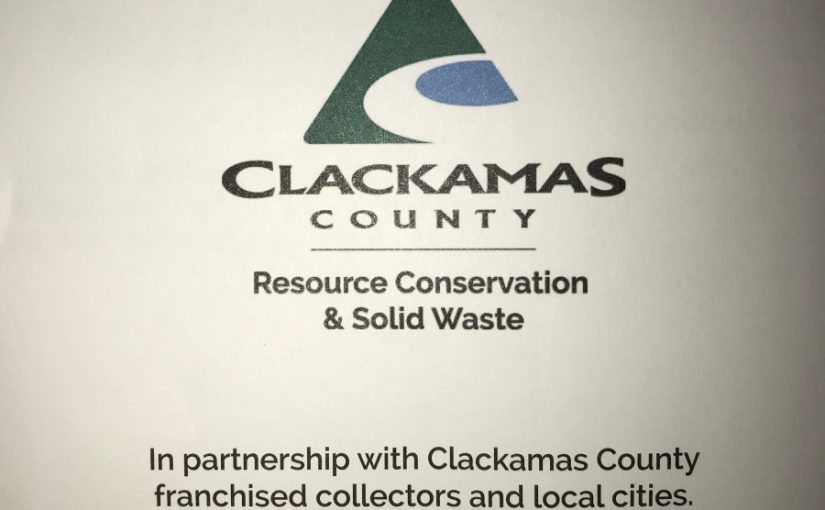2/24
This week at celebrate was spent in the office but also finally back at the bistro! I enjoy the bistro because the woman I work with there is not only really nice but environmentally conscious with everything she does. She has her own composting bin that she uses on her own farm, she tries her best to reduce/reuse/recycle and any leftover food for the day that cannot be frozen or reused goes to me! This week I really left with a personal pizza, chili, a sandwich, chicken, veggies, rice and cookies. I was basically a human trashcan to reduce waste.
As for the office, we had several events cancelled due to the unruly weather so rather than catering I was on the computer communicating with clients and putting together event orders. There was a managers meeting including the chefs that I sat in the same room for Thursday and my boss, Rhonda, mentioned how she was taking a trip to Boston in the next two weeks where she will be going to do a seafood inventory to search for more sustainable seafood to include on the menu. I was kind of curious why Boston seafood may offer more sustainability but I didn’t want to interrupt the meeting. I’ll probably ask her before she goes.
Another important component of this week was that we finally had our compost meeting! It was with a representative Clackamas County’s Resource Conservation & Solid Waste group who went over how their composting system works. Some key points he brought up were:
- 2 free bins are offered for in restaurant use
- 1 free bin is offered to sit outside of the establishment for pick up
- Pick up is similar to a regular trash pick up but it is not through the same system
- Anything that was basically once alive can be composted
- Tea bags and coffee filters can be composted
- The compost is brought to a facility where it is put into an anaerobic chamber and the methane released off of it is captured for energy use, the leftover “black gold” is used as fertilizer
- They offer free training on how to compost and a system to set up
- Liners for the buckets will cost money, but you don’t have to use them. Small buckets can be dishwashed
- The outside bucket is picked up weekly
- Since he works for the government, he confirmed there are initiatives being made so that composting is MANDATORY in the next 2 or 3 years
- Clackamas county does not charge you for this service BUT the city Lake Oswego charges near $36 a month
The last point was important because our business is in a weird corner where we are basically on the line of Clackamas and Lake Oswego. What is interesting is that Lake Oswego leans towards the republican right side. They are behind in energy efficient initiatives. My boss’s main concerns were:
- Her company can’t afford another near $40 a month because (and I can confirm) their food waste production isn’t too high. The chefs make correct proportions and left overs are usually eaten by us workers or brought to veterans. The only food waste I see are from the cooking process and food left on clients plates. While any food waste is not beneficial, the amount going out isn’t cost effective for spending that much a month for a small business
- Where the bucket would be outside, in a small garage, there is barely enough room for the recycling and regular trash. So it would become a hassle for things to be moved around to be taken out
And I know those reasons sound, per se, self absorbed in terms of a business but realistically it’s not cost effective, you have to have a business before you decide to compost, not the other way around. My boss really, really wants to if it is free, but if she is charged monthly she will turn the offer down until it becomes mandatory. As a student of sustainability but also seeing the side of running a small business, I agree with this. If the food waste was more detrimental, such as when I worked at Buffalo Wild Wings, by all means I would be for composting.
